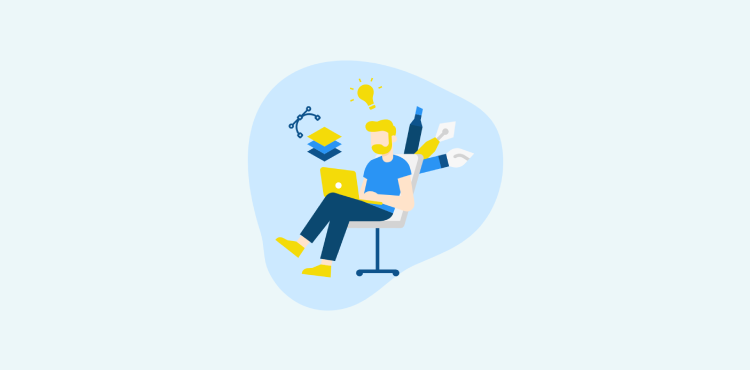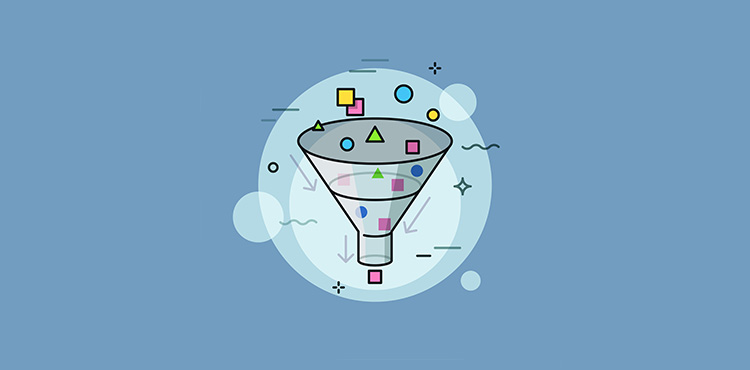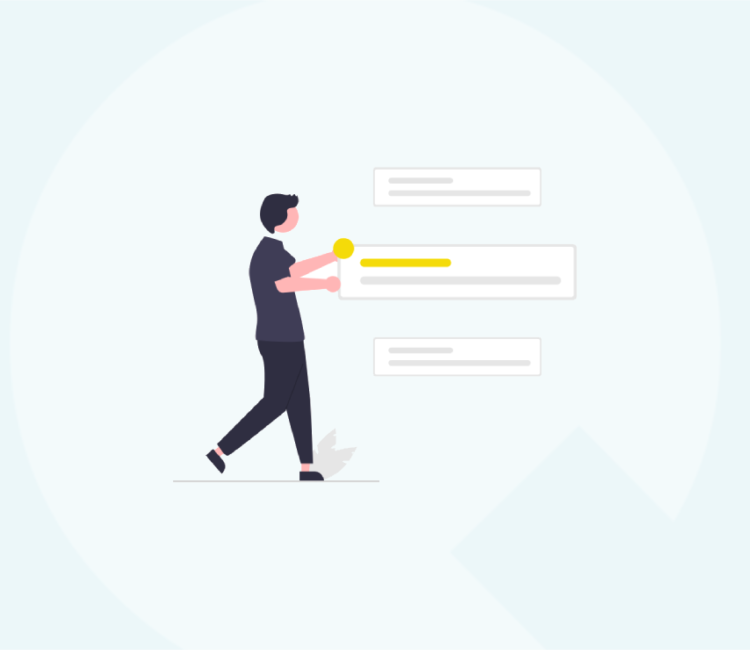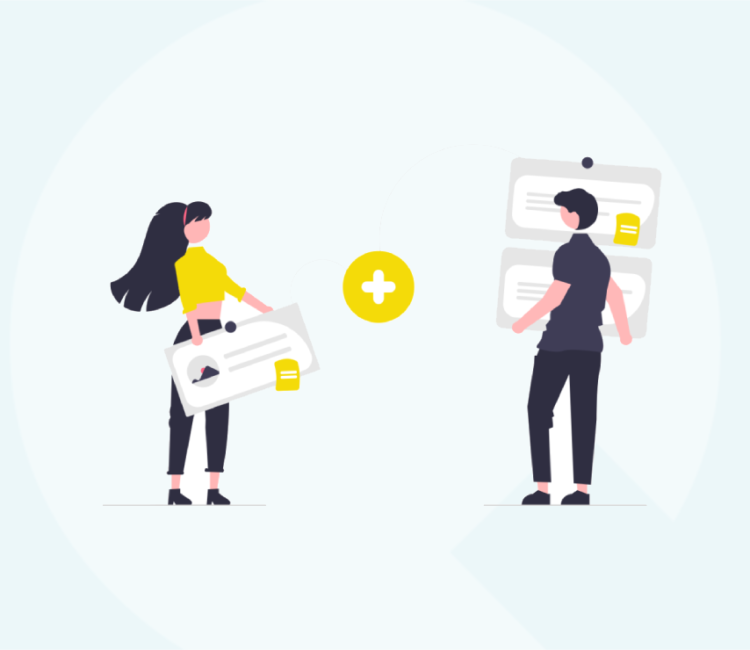Studies reveal that splitting your attention between multiple tasks lowers your productivity and severely hurts the quality of your work. Besides that, it can also have long-term negative impacts on the workers’ life, leading to undue stress. Avoid all that by following these simple tips.
Let’s face it; every manager wants a team that can put in more work than they currently manage, don’t they? Having a worker that can complete more than two projects at the same time is their biggest dream. Besides, a team that can multitask gets twice as much of the work done in time, meaning bigger returns. But is this really the case?
Wrong. While multitasking may sound like a perfect productivity strategy, it may not always be the best path to follow. Research proves that taking up too many tasks at the same time hurts more than it helps us. Realistically, there may be a time that you will have to juggle multiple priorities, but it is never wise to multitask.
The Problem with Multitasking
The internet is flooded with ‘tips and tricks’ on how multitasking would supposedly improve your productivity. However, this couldn’t be any further from the truth. Over the years, a lot of scientific research has been done to determine the efficacy of multitasking.
The one thing that all these scientists agreed upon is that multitasking hurts team productivity and lowers the worker’s quality of life.
Here are five key problems associated with multitasking backed by recent studies:
Attentiveness
It is illegal to text and drive in most countries around the world. You might think that you can handle driving and texting at the same time, but these laws were made based on scientific facts. When you do more than one task at a given time, your brain splits your attention between two or more thoughts.
In a nutshell, it would be impossible to give 100% of your attention to one of the tasks, regardless of how important it is. For instance, according to the DMV, close to 26% of car accidents are caused by texting. In a work setting, the quality of work put out as a result of multitasking tends to be way lower, since you did not accord the tasks the right amount of attention.

You lose sight of what’s important
Unlike a computer, the human brain is designed to focus on one thing at a time and bombarding it with lots of information forces it to slow down. According to Earl Miller, a top neuroscientist at MIT, “When people think they’re multitasking, they’re just switching from one task to another very rapidly. And every time they do, there’s a cognitive cost.”
Constant task-switching could have drastic effects on your health, including lowering the individual’s IQ. Multitasking triggers a dopamine response in the brain, which gets you a feeling to keep switching between tasks to achieve gratification.
After a while, this ultimately leads to a dangerous feedback loop which gives you the illusion that you’re accomplishing much. In reality, this sense of ‘fake productivity’ doesn’t yield much in results.
You’re prone to making more mistakes
As you have seen, multitasking splits the brain, providing divided attention to the tasks at hand. However, with each addition of a complex assignment, the human brain lowers its efficiency.
According to neuroscientist Etienne Koechlin, our brains will always prioritise certain tasks and deem others non-essential. “In terms of everyday behaviour, you can cook and talk on the phone at the same time. The problem arises when you pursue three goals at the same time. Your prefrontal cortex will always discard one,” he says.
Research has it that when your brain splits attention, there is a high tendency of forgetting important details. There is also a possibility to make more mistakes than when dealing with a single task.
In a typical work environment, the slightest of mistakes, such a grammatical error or a simple error while counting could mean a catastrophe to the company.
You feel burned out
Multitasking causes more harm than good, as our brain is not well-designed to handle many complex tasks at the same time. Multitasking increases the production of cortisol in the body, a hormone that causes stress.
On the other hand, stress is the enemy of productivity. It not only decreases your focus but also drains all your energy. Because of it, you can’t think straight and would spend hours trying to get it right at work.
As a result, you may experience certain health problems, such as an increase in anxiety. Moreover, you are likely to become depressed and unproductive. Unless your work habits are changed, the stress will always be there, as the demand will be much greater than your working capacity.
More so, instead of relying on traditional methods of communication in the workplace, you may consider other interactive techniques, such as using a corporate podcast. It helps to capture the attention of the employee and is simple to get started with, as long as you have reliable hosting options.
Decrease in creativity
Creativity is a key requirement for the success of any business. Being creative encompasses several factors in the work environment, such as:
- Coming up with innovative ideas;
- Solving problems better, and;
- Being success-driven regardless of the failures faced.
Unfortunately, one may not achieve their full creative potential when multitasking. When juggling between tasks to complete them fast, the emphasis is put on speed and not creativity.
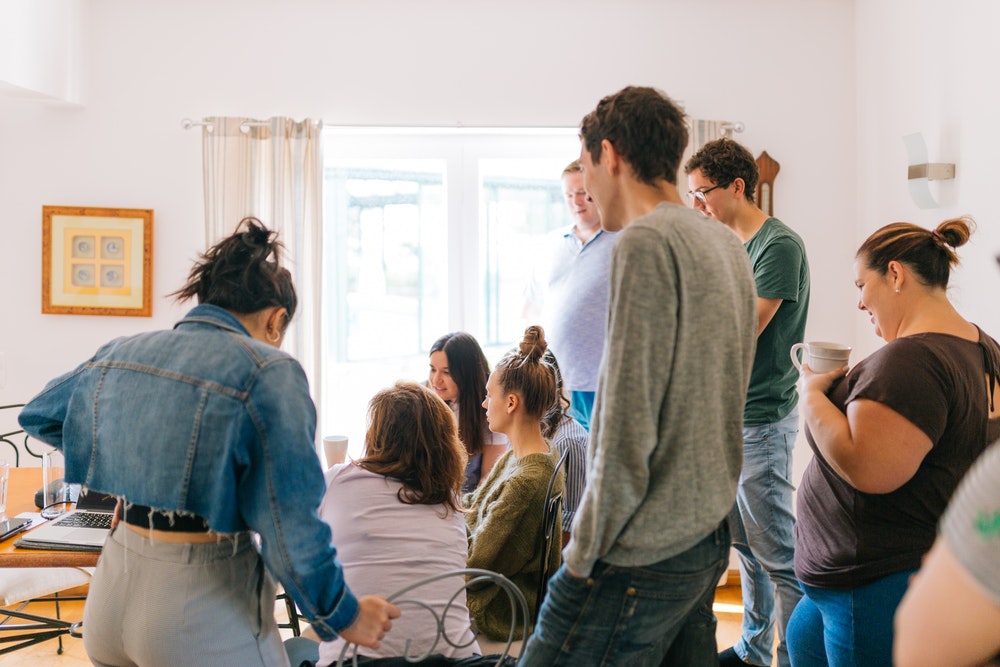
Image: Pexels
How to Stop Multitasking and Boost Team Productivity
In theory, multitasking makes it possible to complete many tasks at once. However, we’ve seen that in reality, it is nothing more than an illusion of productivity. We live in a world full of distractions and a million things to do at once, making it hard to focus on the things that matter the most.
So how do you boost team productivity and avoid multitasking? Take a look at these five key things to consider:
Eliminate distractions
One of the most effective ways to improve work performance is by getting rid of distractions at the workplace. Distractions are terrible in the workplace as they derail you from focusing on the important tasks. For this reason, it is essential to create a distraction-free environment and ensure that nothing takes your focus from priority tasks.
Here are a few actionable ways to help you create a workplace that’s free from potential interruptions:
- The first thing would be to audit your behaviour and find out what triggers your distractions and eliminate them;
- Look for productivity apps to block off non-essential apps and notifications to your phone during hyper work periods, and;
- Find a quiet place to work, away from possible interruptions.
Create a checklist
It is no brainer that every employee has had to work on ‘an urgent task’ before completing their primary assignment at some point. However, for you to boost team productivity at the workplace, minimize these impromptu tasks and have a checklist of everything you plan on accomplishing that day.
Doing so helps you to stick to your plan and avoid working on other things. More so, it’s best to organise your time well, allocating a specific time-frame to a particular assignment. This ensures that you’re aware of your set deadlines, and the possibility of doing something else becomes minimal.
Proper management of the workflow
In a similar vein, company executives should have proper management of workflow. They should know when to send over extra work to their employees. Should the executives develop the habit of sending impromptu work to the employees without giving them the time to complete the previously ordered assignment, then they might be overwhelmed. The employees will not have the time to complete regular tasks in time, making them lose touch of their organisational and team productivity skills.
Have a plan for task-level priorities
In most cases, workstream priority is directly proportional to task priority. The priorities are clearly communicated to everyone in the company in advance. For maximum productivity, work on the highest-priority tasks first, or those that are on the project’s critical path.
Take regular breaks
Short bursts in a work station tend to yield better results compared to a marathon, no matter how tempting the later sounds. Take your time to rejuvenate your body or to check on non-work related activities such as going through your social media timeline or replying to your emails.
Once a habit has been formed, you’ll find it much easier to stick to it, and avoid unnecessary distractions and multitasking in the workspace.
In Summary
Organisational multitasking is a major hidden problem that most companies face. Everyone appears to be working hard, or so it is presumed, due to the number of tasks they can handle at one time. The steps above can help organisations to avoid multitasking and reclaim lost productivity.
Being more productive doesn’t mean improving your ability to multitask. Monotasking increases team productivity, boosts their creativity, helps them learn new things, makes them feel less stressed out, and decreases the chances of making errors at work.
More importantly, the employees feel a sense of accomplishment every day, and that’s a real competitive advantage in the corporate world.
About the Author
Lidia S. Hovhan is a Digital Marketing expert and SEO guru. She contributes articles about how to integrate digital marketing strategy with traditional marketing to help business owners to meet their online goals. You can find really professional insights in her writings.
